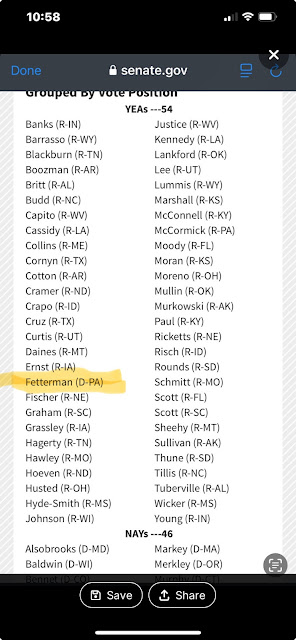Senate Confirms Pam Bondi, Former Florida Attorney General, as U.S. Attorney General in 54-46 Vote
The U.S. Senate has confirmed Pam Bondi, the former Florida attorney general, as the next U.S. attorney general in a closely contested vote of 54-46. Bondi, a prominent Republican figure, is known for her conservative legal stances and her history of involvement in anti-voting efforts, which has sparked significant debate and controversy surrounding her nomination.
Bondi’s confirmation comes after weeks of intense scrutiny from both sides of the political aisle. Supporters have praised her extensive legal experience and her tenure as Florida’s attorney general, where she gained national attention for her role in high-profile cases, including her participation in multi-state lawsuits against the Affordable Care Act. They argue that her tough-on-crime approach and commitment to conservative principles make her a strong fit for the role of the nation’s top law enforcement officer.
However, critics have raised concerns about her record on voting rights. During her time in Florida, Bondi supported and defended policies that voting rights advocates argue disproportionately affected minority communities, including strict voter ID laws and purges of voter rolls. Her involvement in these efforts has drawn sharp criticism from civil rights organizations and Democratic lawmakers, who argue that her confirmation could undermine efforts to protect and expand voting rights across the country.
In the lead-up to the vote, Bondi faced tough questioning during her confirmation hearings, particularly regarding her stance on voting rights and her commitment to enforcing federal election laws. Despite these challenges, she secured enough support from Senate Republicans, with a handful of moderate Democrats breaking ranks to vote in her favor.
The confirmation of Bondi as U.S. attorney general marks a significant moment in the Biden administration’s efforts to address legal and law enforcement challenges. However, her appointment is likely to remain a contentious issue, particularly as the administration continues to prioritize voting rights and election security in the face of ongoing political polarization.
As Bondi assumes her new role, all eyes will be on how she navigates the complex legal landscape, including the enforcement of federal voting rights laws and the administration’s broader justice agenda. More updates are expected as she begins her tenure and outlines her priorities for the Department of Justice.
This story is developing, and further details will be provided as they emerge.


Post a Comment